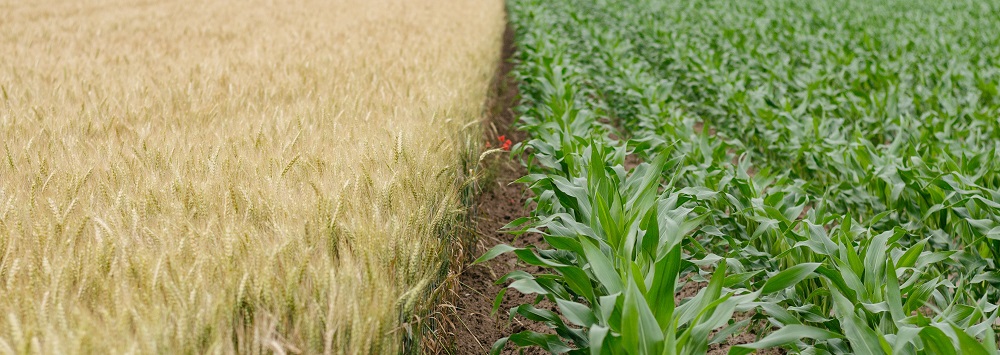Photo by Henry Be
Background
Herbicide resistant weeds are a serious problem in agriculture, for instance, herbicide resistant black grass is responsible for 10% of wheat yield losses in the UK.
Part of the reason for the increasing numbers of herbicide resistant weeds is the fact that herbicide is usually sprayed indiscriminately over the entire crop.
This vastly increases the amount of herbicides in the environment which speeds up herbicide resistance and also damages the local environment.
One solution is to use precision farming techniques to specifically target areas that need to be sprayed with herbicide.
The Problem
Current technology is already able to implement these techniques; many tractors and sprayers across the country already offer precision farming capabilities.
The solutions, however, still depend heavily on the farmer to gather and manually enter information into the system, requiring countless hours of walking through fields, detecting troublesome areas and addressing the problem; a very daunting task considering that if left untouched, black-grass populations can increase by at least ten-fold per year.
The Solution
Our student team's solution was to design a system that utilizes a hyperspectral camera attached to a drone that would be able to perform the following functions:
-Automated Digital Field Map Generation – though GPS and onboard cameras.
- Vegetation Density Mapping – using a hyperspectral camera.
- Pest and Weed Detection – via trained deep learning algorithms.
- Remote Farm Inspection – allowing inspection of large areas of land through the use of a drone and a live camera.
- Livestock Tracking – via Infrared data provided by the hyperspectral camera.
- Crop Data such as Leaf Area Index (LAI), normalized Difference Vegetation Index (NDVI), Water Content, Soil Fertility, Nutrient Deficiencies, Estimated Crop Yields and more.
The Result
This project is currently in the design phase, stay tuned for the result!
Meet the Team
Jack Wells, Physics LinkedIn
Back to: Department of Physics

